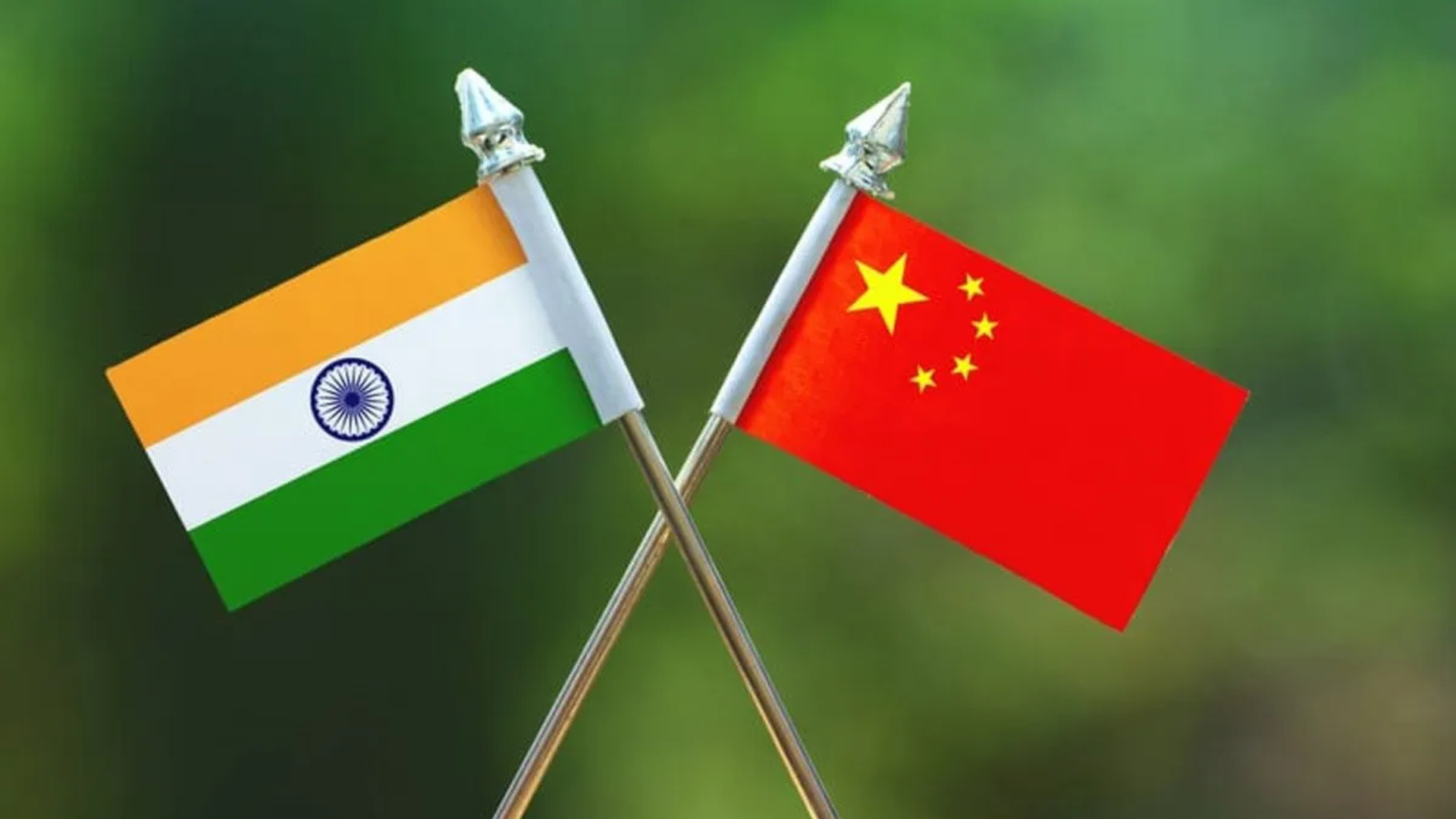The United States has reaffirmed its recognition of Arunachal Pradesh as Indian territory and strongly condemned any unilateral actions by China to assert territorial claims across the Line of Actual Control. Vedant Patel, the Principal Deputy Spokesperson for the State Department, made these remarks in response to recent developments where China reiterated its claim over the northeastern state following a visit by Prime Minister Narendra Modi and the launch of development projects there.
The Chinese military’s claim over Arunachal Pradesh, referred to as “Zangnan,” has been a point of contention. Beijing has consistently asserted that Arunachal Pradesh is part of its territory, rejecting India’s sovereignty over the region. Senior Colonel Zhang Xiaogang from the Ministry of National Defence reiterated China’s stance, stating that “Zangnan is China’s inherent territory” and rejecting India’s establishment of Arunachal Pradesh.
In a press briefing, Patel reiterated the United States’ position, emphasizing that Arunachal Pradesh is recognized as Indian territory, and the US opposes any attempts by China to advance its territorial claims through military or civilian actions along the Line of Actual Control.
India has consistently rejected China’s claims over Arunachal Pradesh, asserting its integral and inalienable part of the country. The Ministry of External Affairs issued a statement noting that the people of Arunachal Pradesh will continue to benefit from India’s development programs and infrastructure projects.
MEA spokesperson Randhir Jaiswal emphasized that Arunachal Pradesh has always been and will remain an integral part of India. He dismissed China’s claims as baseless and reiterated India’s commitment to the development and well-being of the people of Arunachal Pradesh.
The situation underscores the ongoing tensions and territorial disputes between India and China, particularly in border areas like Arunachal Pradesh. The US’s stance adds a significant diplomatic dimension, reinforcing its support for India’s sovereignty and territorial integrity.
The exchange of statements and positions reflects the complexities and sensitivities surrounding territorial issues in the region, with India asserting its rights while facing challenges from China’s assertive claims. This diplomatic exchange highlights the need for continued dialogue and diplomatic efforts to address such contentious issues peacefully.
















